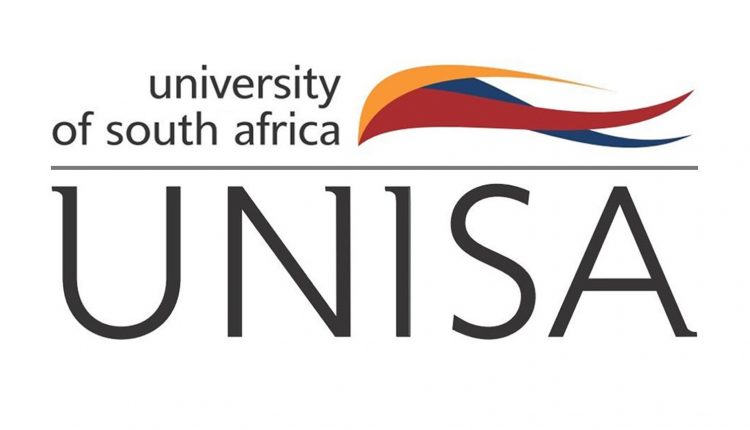University of South Africa: Key stakeholders ponder water solutions at Unisa conference
“Guvhangano” means “conference” in the Tshivenda language and this year marked the second instalment of the Institute for Nanotechnology and Water Sustainability (iNanoWS) conference after the institute successfully hosted their inaugural Guvhangano in September 2021, under the theme Advancing competitive innovation through partnerships.
In 2021, the inaugural iNanoWS Guvhangano included the official launch of iNanoWS as an institute of Unisa operating under the College of Science, Engineering and Technology (CSET) and the introduction of the advisory board members of the institute. The conference received widespread support from countries within the African continent, as well as countries further afield such as India, the United Kingdom and the United States of America.
This year, the Guvhangano focused on three strategic key focus areas:
Separation Science and Technologies (keynote lecture delivered by Prof Paul Westerhoff, Arizona State University)
Natural Organic Matter in natural and Engineered Water Systems (lecture delivered by Prof Thabo Nkambule, iNanoWS)
Membrane Science and Technology (lecture delivered by Dr Mxolisi Motsa, iNanoWS).
Master’s and doctoral students from iNanoWS also had an opportunity to present their research work during oral and poster sessions. Notably, one of the doctoral students from iNanoWS, Kopano Mokubung, gave an exceptional oral presentation which landed him a skills development position (an equivalent of a post-doctoral fellowship) at the Water Research Commission upon completion of his doctoral studies. “This is an exciting opportunity for me,” said Kopano. “It will provide me with exposure to grow my research ideas and serve as motivation to other upcoming researchers.”
As part of the 2022 iNanoWS Guvhangano proceedings, Prof Johannes Haarhoff, a renowned South African water practitioner with a record of designing water treatment plants in South Africa, launched his book entitled An introduction to municipal water quality management. The book has been published by Unisa Press and the launch was the first of its kind at CSET. Haarhoff was appointed at the former Nanotechnology and Water Sustainability Research Unit, where he was responsible for mentoring emerging scholars.
The Guvhangano was also used as an opportunity to celebrate and acknowledge student excellence at iNanoWS, with outstanding students awarded certificates and prize money to the value of R3 000 under different categories. These include Best Academic Student (master’s student), awarded to Alfred Kajua; Best Academic Student (doctoral student), awarded to Adewale Oladipo; and Best Citizenship Student awarded to Phumlile Mamba and Ratanang Mlaba.

